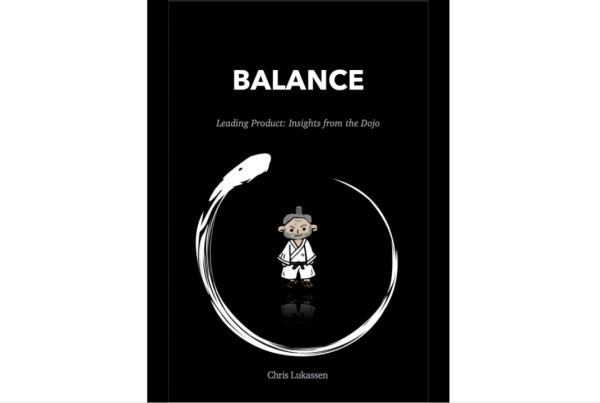Ask yourself this question and answer it honestly — nobody need ever know how you answered: Do you find yourself being driven mostly by the necessity to abide by your duties and obligations, or by the desire to do your very best at everything you do? To put it differently, do you subscribe to an ethic (or morality) of duty, or an ethic of aspiration?
In The Morality of Law, first published in 1964, Lon L. Fuller illustrated the distinction between those two opposing conceptions in the following words:
“[I]magine a kind of scale or yardstick which begins at the bottom with the most obvious demands of social living and extends upward to the highest reaches of human aspiration. Somewhere along this scale is an invisible pointer that marks the dividing line where the pressure of duty leaves off and the challenge of excellence begins.” (pp. 9-10, my emphasis)
The competing philosophies of duty and aspiration find a ready home in the workplace, where abiding by all policies and delivering on your personal goals can easily be equated with duties or personal obligations. But while goals and policies create obligations for employees in a similar way that laws and regulations create duties for members of the broader community, corporate values — statements such as “We Put Our Clients First” — are necessarily more aspirational in nature, in the very same vein as “I strive to be a great neighbour”. Complying with obligations falls within the realm of duty, while striving for excellence falls within the realm of aspiration.
If you’re a leader, the ethical framework that you embrace will inevitably have an impact on the way you do your job. Consider goal-setting and monitoring. Do you believe in fostering a culture of excellence in which team members strive to do their very best whatever the conditions, or a culture of compliance in which employees drive towards their goals for fear of incurring unpleasant consequences should they fail to achieve them? It’s not black and white of course — remember Fuller’s yardstick analogy —, and any human collective risks slipping into chaos without a framework of basic obligations that apply to all; but where do you personally choose to set the invisible pointer?
I, for one, lean strongly towards an ethic of aspiration, and strive hardest not towards the fulfillment of duties and obligations, but towards doing the very best I can whatever the circumstances. Everything else being equal, I would rather live with the knowledge that I have failed to achieve a goal, than with the shame of knowing that I was capable of doing better. As a result, I tend to respond much better to someone who shows me an inspiring vision worth striving for — even if it must remain always out of reach — than to someone who tries to make me comply with goals and targets reinterpreted as some kind of moral duty (In case you’re interested, Fuller offers an interesting parallel with the economics of exchange and of marginal utility. See pp. 19-28).
Getting back to the yardstick analogy, Fuller described the leader’s choice in the following words, in the context of ethics and morality where the stakes of leadership are always highest:
“Those whom we regard as being unpleasantly—or at least, inconveniently—moralistic are forever trying to inch the pointer upward so as to expand the area of duty. Instead of inviting us to join them in realizing a pattern of life they consider worthy of human nature, they try to bludgeon us into a belief we are duty bound to embrace this pattern. All of us have probably been subjected to some variation of this technique at one time or another.” (pp. 9-10)
We have indeed. I know from direct experience that very few things in life put me off more effectively than being pushed and prodded into trying harder when I’m already striving to do my very best. As a result, I do everything in my power to not impose this on the people I have the privilege to lead.
If the only way you can get things done is by bullying people into action, you have a bigger problem on your hands than you can imagine. Start with good people, set a clear path, empower them to do their job, and work every single day to create the kind of culture that allows them to be the very best that they can be.
To me, the pursuit of excellence at the upper end of the yardstick is simply a higher form of human achievement than the mere compliance with obligations at the lower end. I’ll take an ethic of aspiration over an ethic of duty any day of the week.



